In this blog, we delve into a pressing issue for many car owners - the interception of key fob signals - and how it can be mitigated using radio technology, including the Talkpod A36Plus. It's important to note that while we discuss these vulnerabilities, we do not condone or encourage the use of these methods for illegal activities.
The Vulnerability of Car Key Fobs
Have you ever tried to lock your car with your key fob, only to find it didn't lock? Or perhaps you were in a rush and didn't check if it locked properly? Imagine if someone intercepted your key fob signal, preventing your car from locking. They could easily access your vehicle and steal valuables, including that nice 7100 radio inside.
How Signal Interception Works
This type of attack is surprisingly simple to execute using basic radio equipment, such as a small Quan Shing radio costing around $15-$20. While this practice is illegal, those intending to break into your car aren't concerned about radio laws. Here's how it works: A person with ill intentions could transmit a signal on the same frequency as your key fob, effectively jamming it and preventing your car from locking.
Demonstrating Signal Interception
To illustrate, let's use the Quan Shing radio to capture the frequency of a key fob. By setting the radio to spectrum scan mode and pressing the key fob, we can identify the key fob's frequency. Once the radio is set to that frequency, it can block the key fob signal, preventing the car from locking.
Exploring the Radio Spectrum
The radio spectrum is crowded with signals from various devices, especially during peak times like morning commutes. Car key fobs, remote gates, and access systems all operate within this spectrum. Using a directional antenna, one can clearly see these signals, highlighting how easily they can be intercepted.
Advanced Techniques: Replay and Relay Attacks
Devices like the Flipper Zero can record and replay key fob signals, known as replay attacks. While effective on older cars, newer models with rolling codes are more secure. Relay attacks involve capturing and relaying signals between the key fob inside a house and the car outside. This method allows thieves to start and steal the car without the physical key.
Testing on Modern Cars
Testing this on a modern car like an Audi TT, we see that while the car is locked, the key fob signal can still be intercepted. However, starting the car requires the key fob inside the vehicle, demonstrating the limitations of such attacks.
Mitigating the Risk
While newer cars have advanced security features, they are not immune to these attacks. Here are some steps you can take to protect your vehicle:
- Store your key fob away from doors and windows.
- Use a metal box or Faraday pouch to block signals.
- Disable automatic entry features if possible.
- Remove the battery from the key fob when not in use.
- Always double-check if your car has locked after pressing the key fob.
Talkpod A36Plus vs. Quansheng K5
Although our Talkpod A36Plus uses the same chip as the Quansheng K5, we will not include this jamming feature in our A36Plus 8W model. Our focus remains on providing secure and reliable communication for our users.
Learn More with Andy Kirby
If you're still unclear about this topic, check out the detailed introduction video by Andy Kirby. His insights will provide you with a better understanding of the technology and its implications.
Enjoy Radio Time with Talkpod A36Plus
The Talkpod A36Plus is an excellent tool for enthusiasts looking to explore the radio spectrum and understand these vulnerabilities. Its robust features and user-friendly interface make it an ideal choice for both amateur and professional users.
Stay informed and protect your assets. Enjoy your radio time with Talkpod A36Plus!


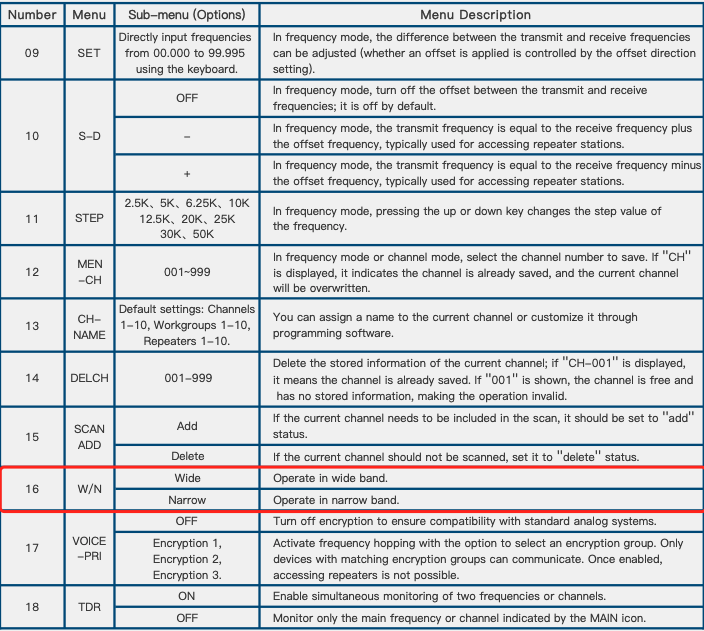

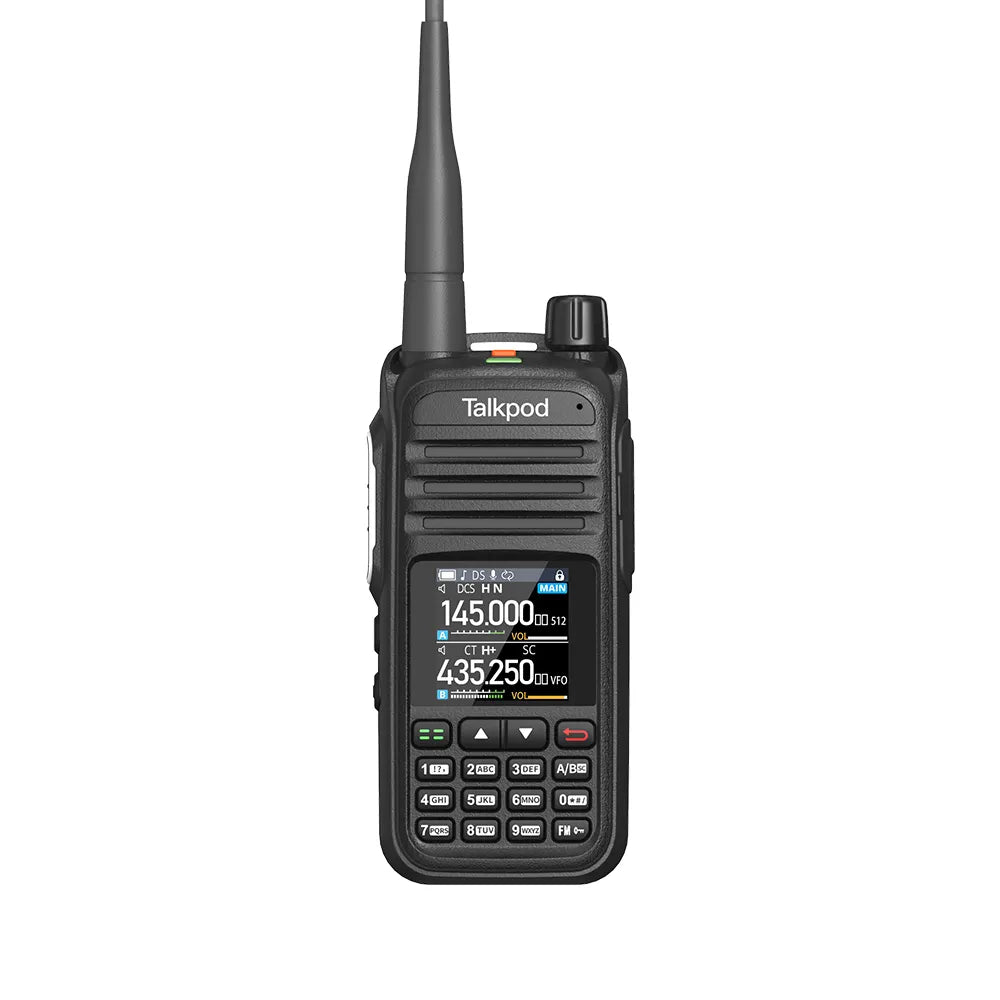
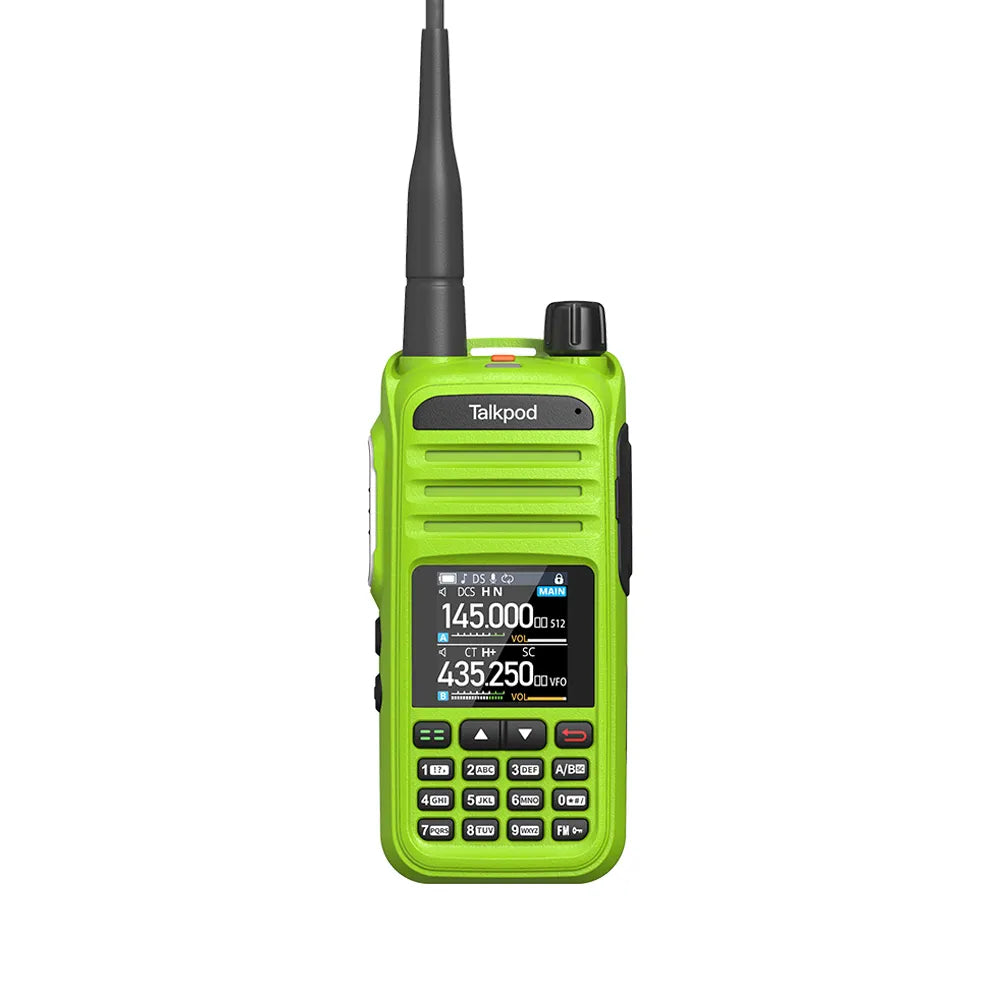
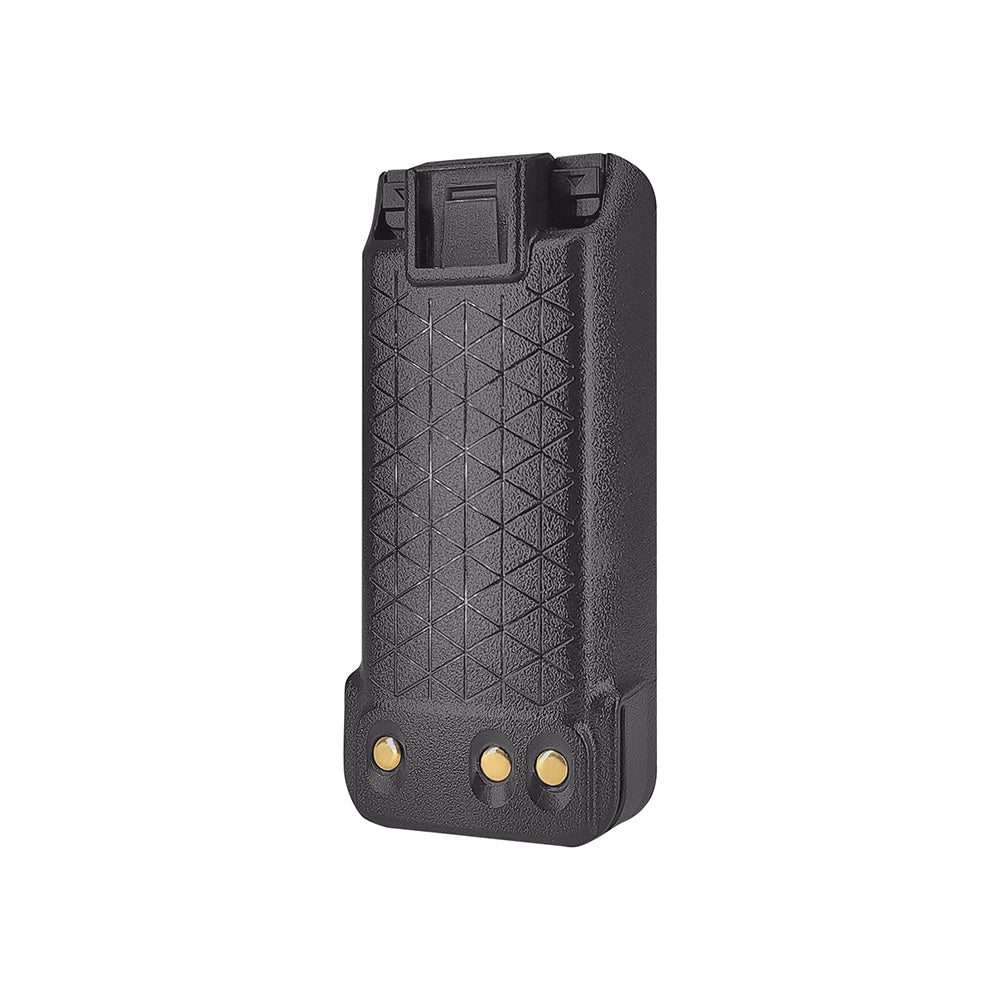
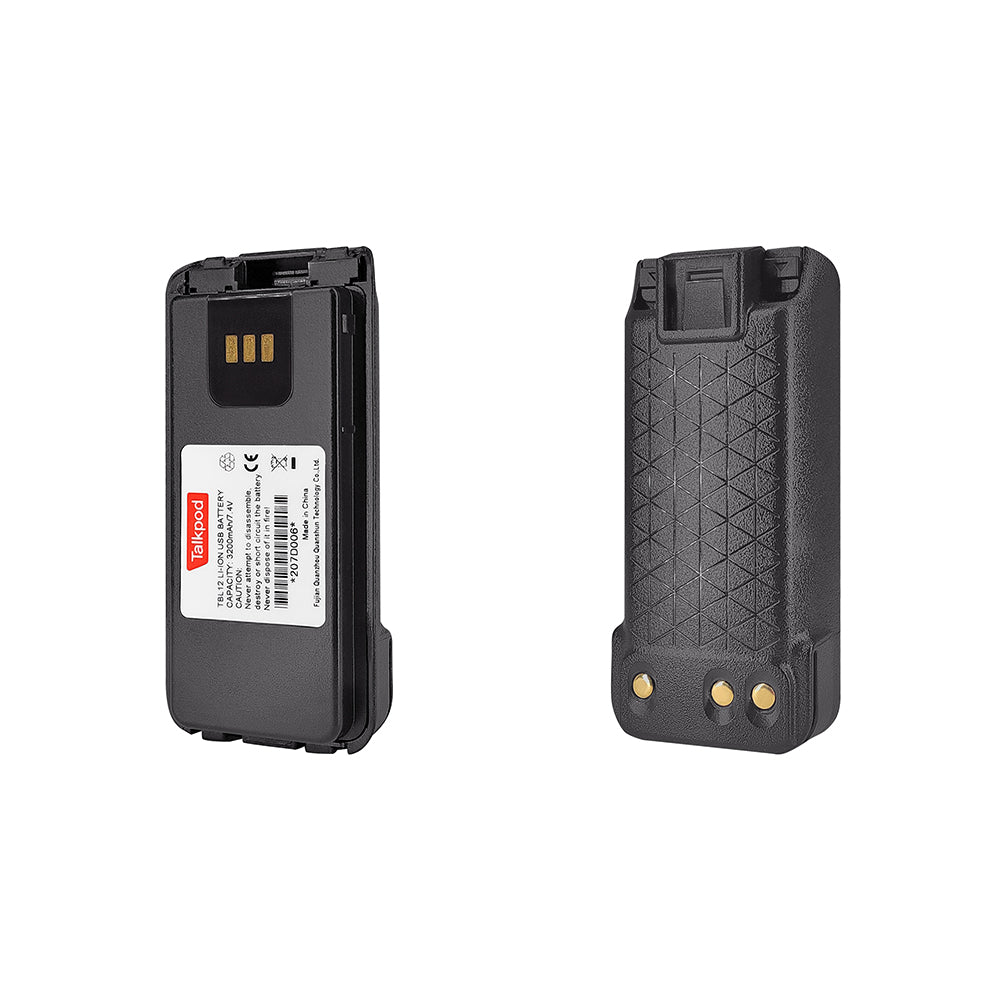

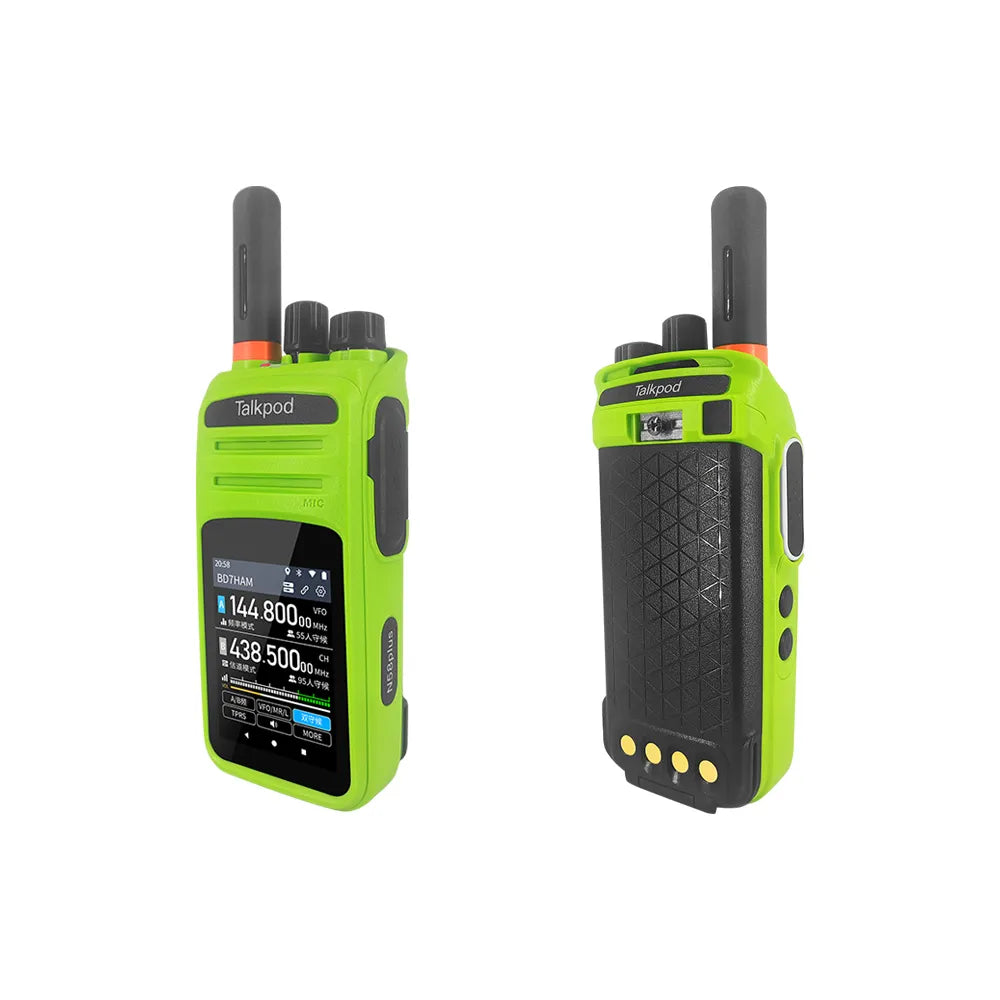


Leave a comment
All comments are moderated before being published.
This site is protected by hCaptcha and the hCaptcha Privacy Policy and Terms of Service apply.